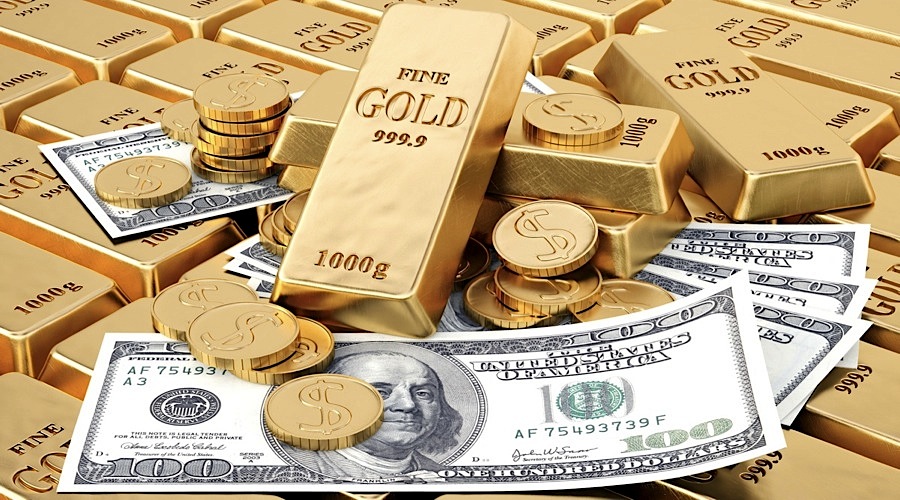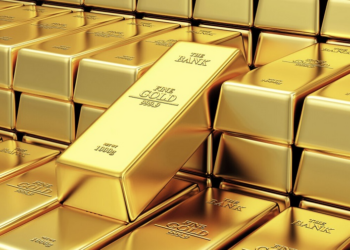Not too long ago, in the early phases of the pandemic, the financial markets plummeted as the extent to which COVID-19 would damage and disrupt the world economy unfolded. A virus with such a high contagious rate would restrict people from carrying on with their usual lifestyles because of its fatality rate.
As humans all around the world trembled with fear of the consequences of the virus, my team and I saw an opportunity to seek Alpha on a fund we managed. “What does this virus mean for the oil markets?” At that time, governments worldwide had begun imposing lockdowns to limit people’s exposure to the deadly virus, and this significantly affected businesses and travel. No cars, no flights, no trains, no sails etcetera – which ultimately meant no demand for oil. Alluding to the demand theory, a principle that emphasizes the relationship between consumer demand and the price for goods and services within a market, it was unanimous that the price of oil would fall.
OPEC+, headed by Saudi Arabia anticipated the decline of oil prices and sought to reduce the supply of oil in the market to create price equilibrium to protect the economies of oil-dependent countries. But guess what? Today’s bad boys (Russia, co-chair of OPEC+) disagreed with the need to reduce oil supply as the impact of the virus was not fully “analysed” – hence reducing oil supply was ‘jumping the gun.’ Consequently, the OPEC+ countries could not reach a consensus on supply reduction, and Russia in its rebellious form reacted angrily by pumping so much oil into the market. Saudi Arabia pettily followed suit, and my team and I were looking at a counterproductive scenario of an oversupplied oil market. I followed the OPEC meeting religiously because I understood its impact on oil prices and the Nigerian economy.
After more analysis, I recommended we open short positions on oil future contracts and that action gave a 700% return the following Monday when the market opened. Being an oil trader or an investment analyst in general means understanding that geopolitics has an effect on the financial markets. Oil traders have made huge fortunes trading the Iraq war in 2003, the rise of China around the same period, the 2008 financial crisis, the Libyan crisis, the death of the Iranian General Qasem Soleimani from a US drone strike, and the contentious 2018 Venezuelan elections which our portfolio profited from.
Today, another opportunity is presented in the form of a Russian-Ukrainian crisis. Oil and Natural Gas prices are bound to rise as the energy markets are sensitive to geopolitics and given the inflationary environment, commodities might have found extra support. The MSCI index tracking Russian stocks trading in London and New York has lost almost 30 percent of its value this year as a result of the crisis while Nickel rose to $25,000 a ton for the first time since 2011 as concerns that Ukrainian tensions could disrupt Russian supplies.
“Many investors find refuge in gold, silver, and platinum during times of geopolitical uncertainty, high inflation, and the prospect of a recession – gold, in particular, is the “zero-risk” investment of choice for central banks, the super-rich, and hedge funds,” wrote Olumide Adesina, an analyst at Quantum Economics.
“The precious metal’s ability to hold its price during turbulent times also means that gold does well during difficult times, providing the portfolio investor with protection against any sudden market movements that could lead to sharp losses,” he said.
Speaking with Ted Odigie, the Regional Business Development Manager, Vantage Markets, a global brokerage firm, he said his company has received a high demand from their clients calling to see how they can profit from this situation. “We have reminded them of our CFD offerings – Forex, Commodities, Indices, Shares, and how they can trade the assets sensitive to this geopolitical development.”
But is it right to profit from war?
Admittedly, this time around, I am a bit reticent and have decided to sit this one out. The people of Ukraine are losing their nights of sleep because of imminent bomb blasts and invasion by the ruthless Russian Government and profiting from such a crisis feels like the wrong thing to do. In this day and age when the investment world is changing through ESG (Environmental, Sustainable and Corporate Governance) investing, ethics and morality are beginning to weigh into investors’ consciousness.
Some fund managers are taking out gambling, tobacco, fossil fuel companies from their portfolio as impact investing gains traction. Impact investing refers to investing into companies and funds with the intention to generate a measurable, beneficial social or environmental impact alongside a financial return. People who bought vaccine stocks during the pandemic would feel self-rewarded as they benefitted from a noble cause – although ‘Big Pharma” still have their critics.
Additionally, I must add that there are risks in trading Headline-driven markets. You are potentially one “Russia is open to diplomacy” headline from making losses as the markets could swiftly shift to the opposite direction. Professional investors make use of varied and complex proprietary strategies to trade complex products during these times as a way of hedging their portfolios. So even if Gold prices are shooting up, you have to remember that all that glitters is not gold.
Caveat: The Content is for informational purposes only, you should not construe any such information or other material as legal, tax, investment, financial, or other advice. Nothing contained on this site constitutes a solicitation, recommendation, endorsement, or offer by the author or any third-party service provider to buy or sell any securities or other financial instruments in this or in any other jurisdiction in which such solicitation or offer would be unlawful under the securities laws of such jurisdiction.




















